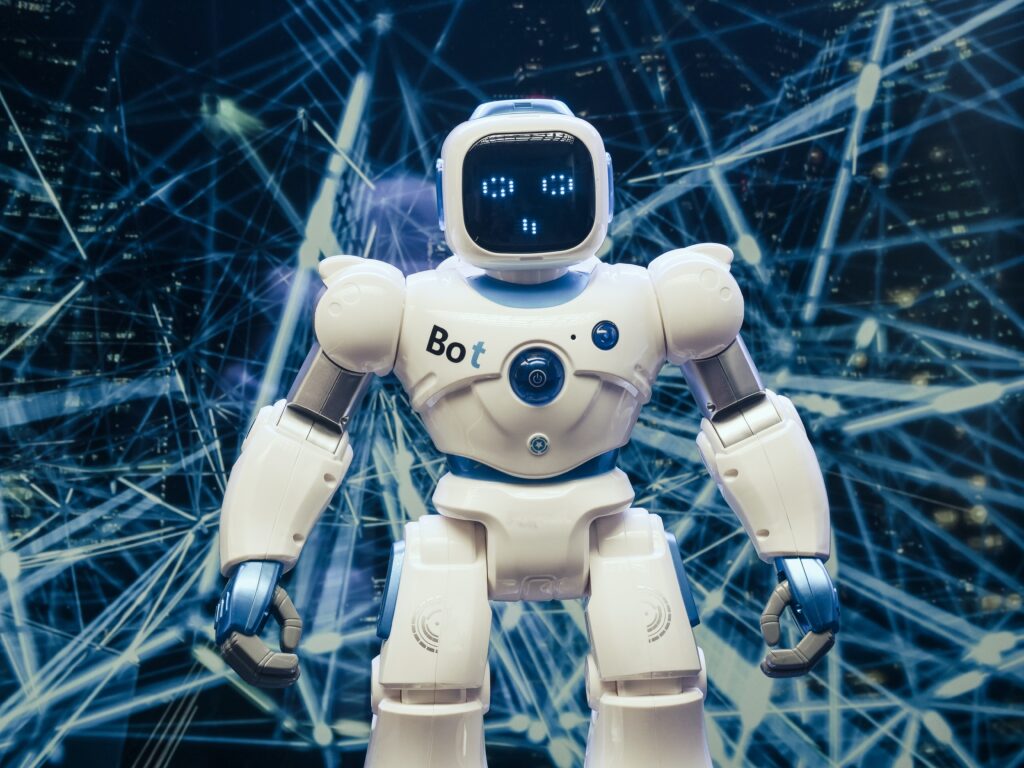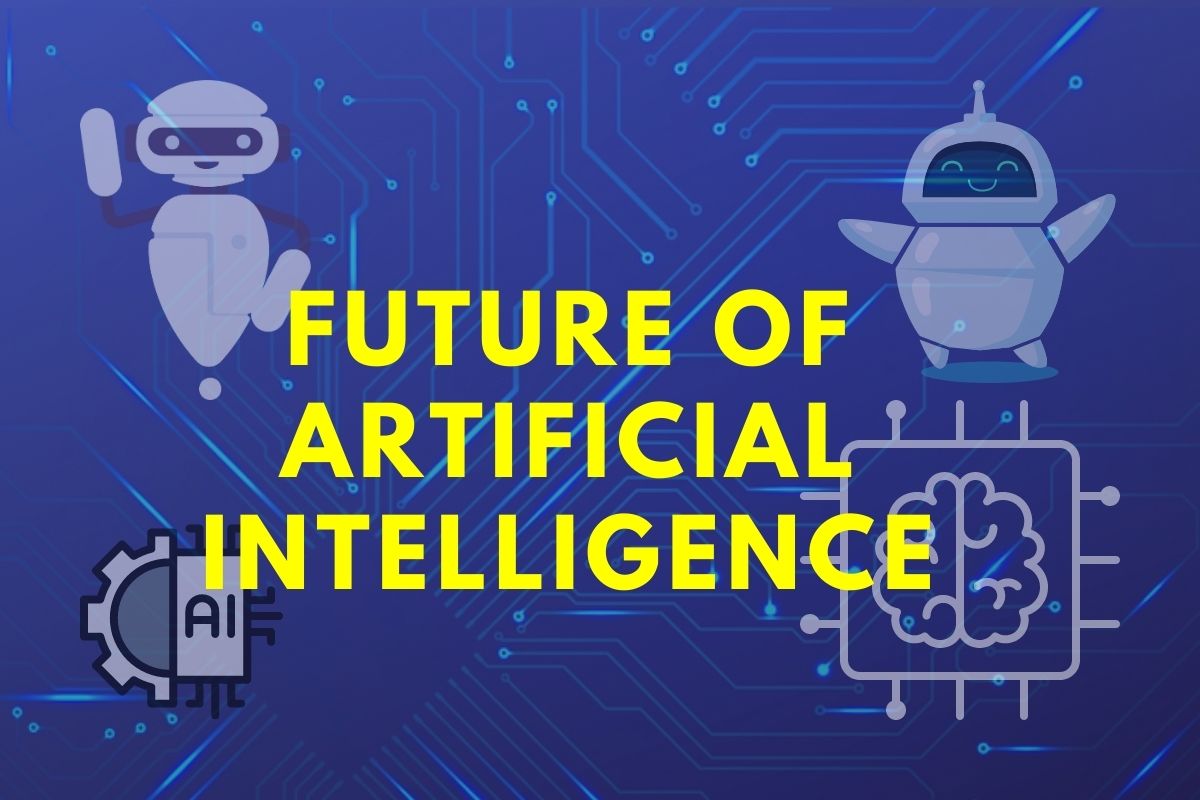AI has revolutionized work, socialization, and daily life, making them easier and faster in recent years. AI innovations like self-driving cars and virtual personal assistants are transforming industries and sectors with promising success. As AI continues to advance and evolve, it also presents new challenges and opportunities. In this blog, we will discuss the future of AI, its potential benefits, and the associated challenges that we need to address to ensure responsible usage.
The Future of AI: Opportunities, Benefits, and Challenges
Opportunities for Future of AI
- Improved effectiveness: One of the most notable benefits of the future of AI is its ability to automate any repetitive processes or tasks, thereby increasing its effectiveness, productivity, and efficiency across sectors or industries.
- Enhanced Decision-Making: AI, aided by machine learning algorithms, analyzes vast data to provide valuable insights, enabling informed decision-making for businesses.
- Personalized Experiences: AI-powered technologies such as chatbots and virtual assistants can enable a personalized or customized experience for customers, thereby increasing customer satisfaction and loyalty.
- Improved Healthcare: AI can revolutionize healthcare by aiding doctors in diagnosing and treating patients more efficiently and accurately.

Benefits of AI
AI’s advantages include improved efficiency, cost reduction, increased productivity, and valuable insights enabling better decision-making for organizations and businesses. This tool automates tasks for organizations, saving time by replacing boring, repetitive, and potentially harmful work with creative and complex tasks.

Challenges of AI
- Ethical Concerns: As AI becomes more advanced, ethical concerns are also emerging around its uses. Concerned individuals have raised concerns regarding prejudice in AI algorithms, data privacy, and the potential for malicious use of AI.
- Job Displacement: AI can automate a wide variety of tasks, which might force millions of employees out of their jobs. Society needs to address the serious consequences of this.
- Security Risks: As AI becomes more prevalent, people have concerns about how technology could be employed for cyberattacks or other detrimental motives. Ensuring the sheltering of AI from hacking and other categories of cybercrime is crucial.
- Lack of Transparency: It might even be difficult to comprehend how Automated systems pass judgment as they get trickier. This lack of openness might nurture fear and mistrust and apprehension about AI.
AI tools list
AI tools optimize workflow, boost productivity, and streamline tasks, offering endless possibilities for efficiency and task optimization. These tools revolutionize work with exceptional customer support chatbots and intelligent data analytics, transforming how we operate. Incorporating these tools into your toolkit boosts efficiency and drives success for business professionals, marketers, and researchers. So, explore the vast array of AI tools available and harness their power to propel your endeavors to new heights.
Conclusion
To summarize, the future of AI holds tremendous potential to improve our environment, but it also presents new struggles that we must resolve. While developing and implementing AI, we must advance with caution and responsibility, ensuring that we utilize it responsibly and to our advantage on a massive scale.
Also Read: Personal Computers: Tracing The Fascinating History Of Modern Computing











One thought on “The Promising Future Of AI: Revolutionizing Industries”